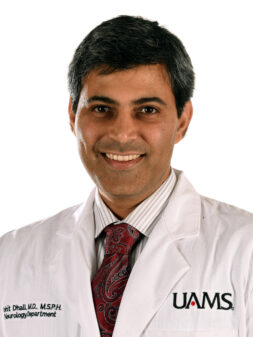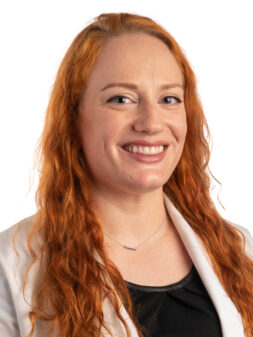If you have Tourette syndrome, you make unusual movements or sounds, called tics. You have little or no control over them. Common tics are throat-clearing and blinking. You may repeat words, spin, or, rarely, blurt out swear words.
Tourette syndrome is a disorder of the nervous system. It often occurs with other problems, such as:
- Attention deficit hyperactivity disorder (ADHD)
- Obsessive-compulsive disorder (OCD)
- Anxiety
- Depression
The cause of Tourette syndrome is unknown. It is more common in boys than girls. The tics usually start in childhood and may be worst in the early teens. Many people eventually outgrow them.
No treatment is needed unless the tics interfere with everyday life. Excitement or worry can make tics worse. Calm, focused activities may make them better. Medicines and talk therapy may also help.
NIH: National Institute of Neurological Disorders and Stroke
Courtesy of MedlinePlus from the National Library of Medicine.
Syndicated Content Details:
Source URL: https://medlineplus.gov/tourettesyndrome.html?utm_source=mplusconnect&utm_medium=service
Source Agency: National Library of Medicine
Tourette syndrome
Tourette syndrome is a complex disorder characterized by repetitive, sudden, and involuntary movements or noises called tics. Tics usually appear in childhood, and their severity varies over time. In most cases, tics become milder and less frequent in late adolescence and adulthood.
Tourette syndrome involves both motor tics, which are uncontrolled body movements, and vocal or phonic tics, which are outbursts of sound. Some motor tics are simple and involve only one muscle group. Simple motor tics, such as rapid eye blinking, shoulder shrugging, or nose twitching, are usually the first signs of Tourette syndrome. Motor tics also can be complex (involving multiple muscle groups), such as jumping, kicking, hopping, or spinning.
Vocal tics, which generally appear later than motor tics, also can be simple or complex. Simple vocal tics include grunting, sniffing, and throat-clearing. More complex vocalizations include repeating the words of others (echolalia) or repeating one's own words (palilalia). The involuntary use of inappropriate or obscene language (coprolalia) is possible, but uncommon, among people with Tourette syndrome.
In addition to frequent tics, people with Tourette syndrome are at risk for associated problems including attention-deficit/hyperactivity disorder (ADHD), obsessive-compulsive disorder (OCD), anxiety, depression, and problems with sleep.
Courtesy of MedlinePlus from the National Library of Medicine.
Syndicated Content Details:
Source URL: https://medlineplus.gov/genetics/condition/tourette-syndrome?utm_source=mplusconnect&utm_medium=service
Source Agency: National Library of Medicine




